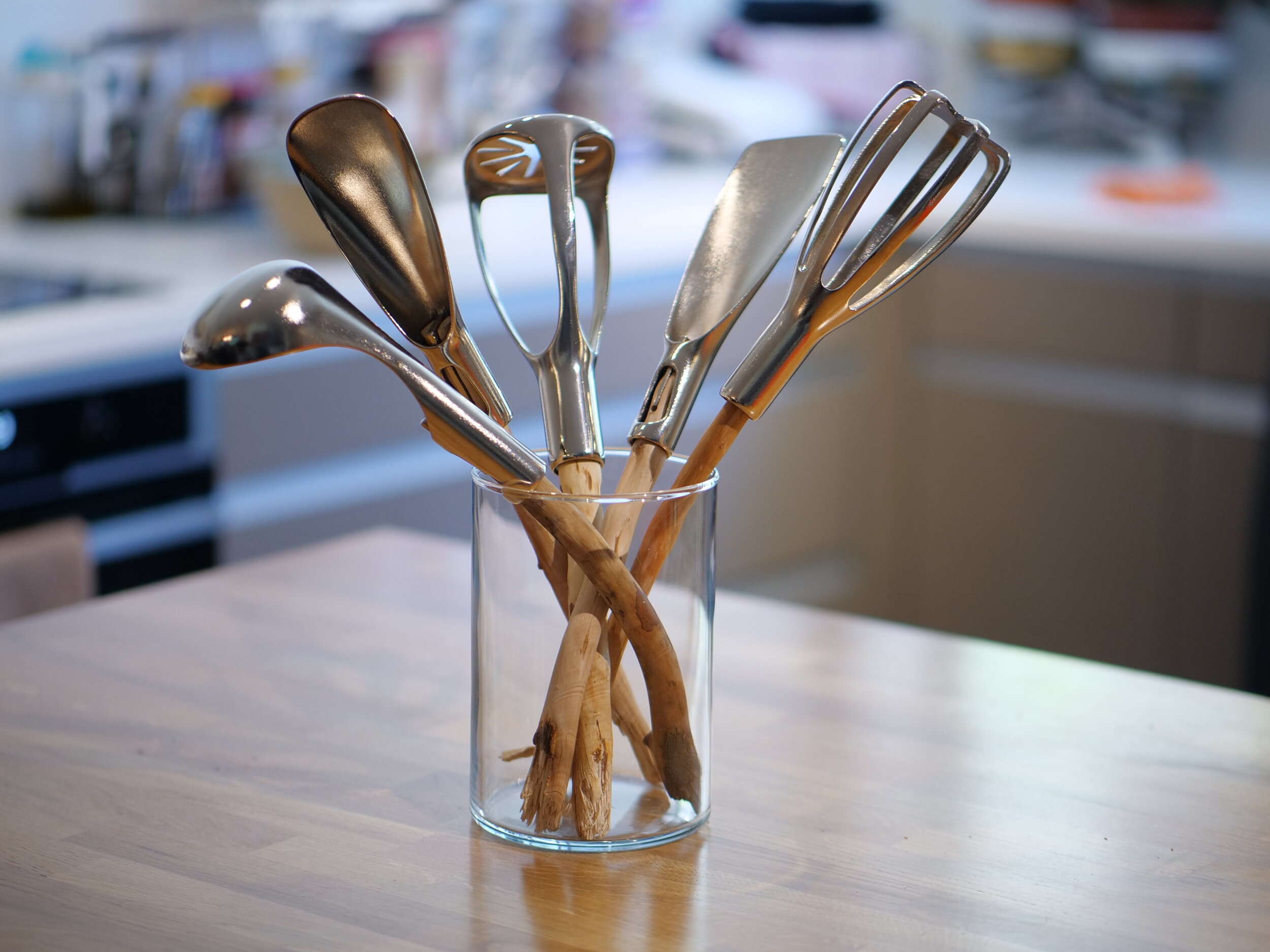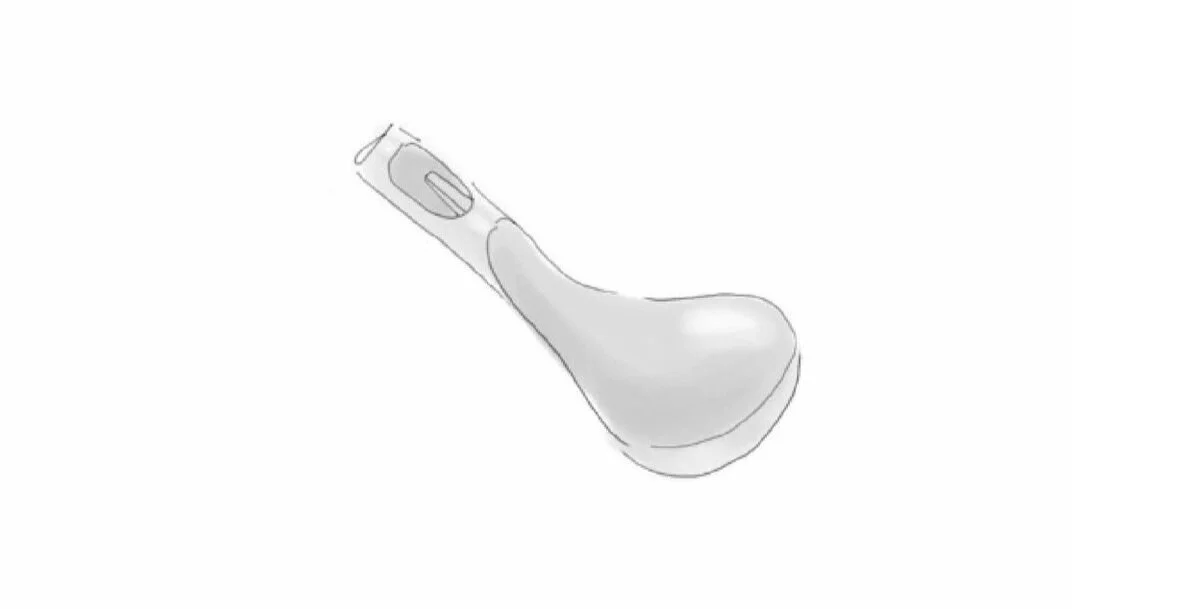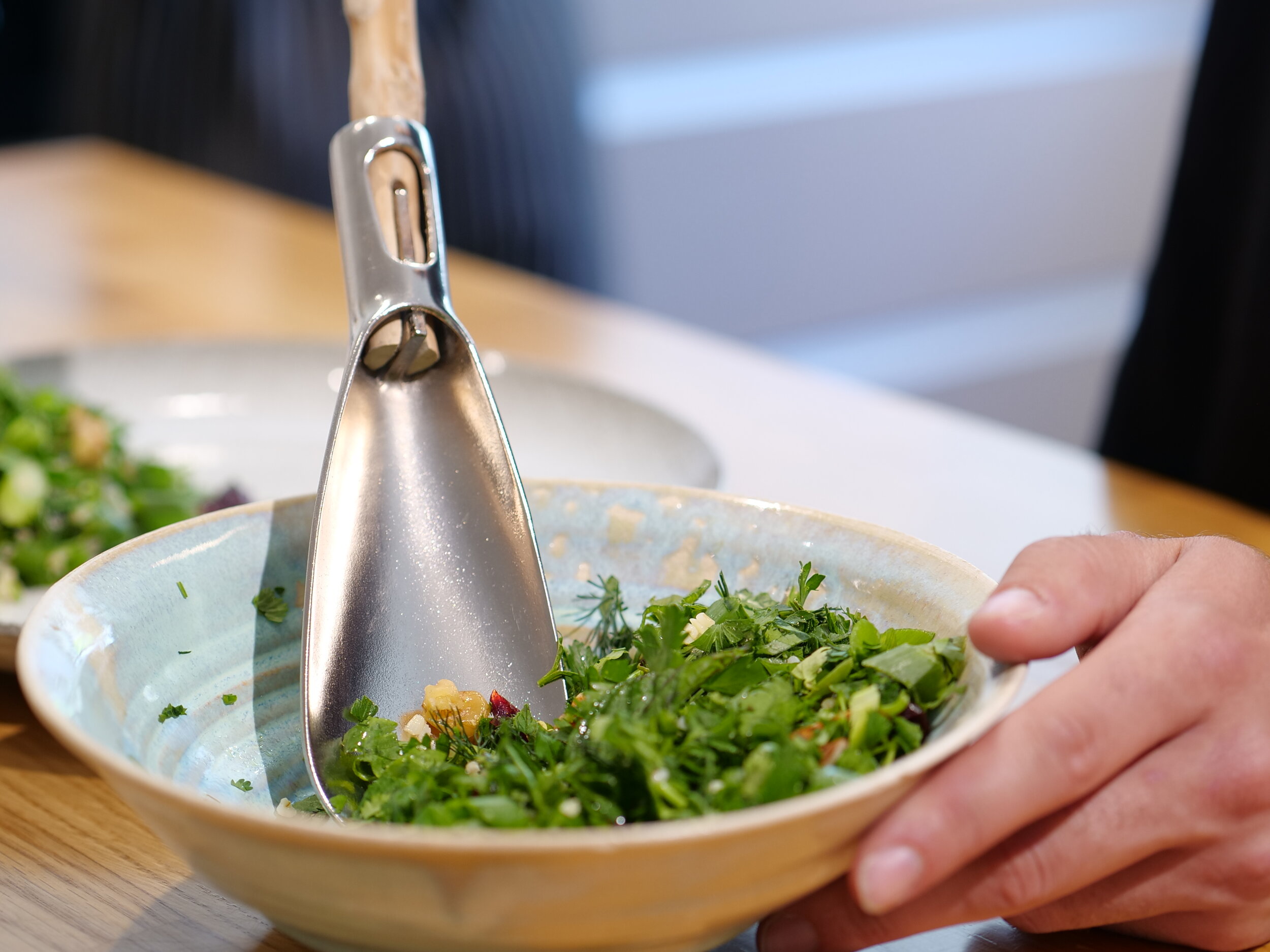Rewaste
Graduation project - 2019
Five kitchen tools made of wood waste and stainless steel casts, all based on moral values and design principals such as cradle to cradle theory, recycling and industrial thinking.

The Idea
In ancient times people managed to produce their own tools from all the natural resources they could find - from weapons to working tools to eating tools. As time goes on, it seems that there is no longer any connection between the objects surrounding us and the nature from which they are produced.
The waste disposal model and it’s separation from the other waste types exist all around the world, based on this model the vision is a combination of social and environmental thinking together - a community of people, such as people with different disabilities, who will select the branches and execute the many manipulations from various industries with the help of different jigs and machines.
Wood branches
The handles are made from local olive trees as part of the local trash waste, so the branches will change depending on where the tools are produced in the world.
Stainless steel
The second part of the manufacturing process is the stainless steel castings. They are made everywhere in the world in the same way, which makes it universal.

Cradle to cradle
Cradle to cradle design is a biomimetic approach to the design of products and systems that models human industry on nature's processes, where materials are viewed as nutrients circulating in healthy and safe metabolisms.
Industrial thinking
This project can be conducted by an individual or a large team, it can emphasize intuitive creativity or calculated scientific decision-making, and often emphasizes both at the same time, and it can be influenced by factors as varied as materials, production processes, business strategy, and prevailing social, commercial, or aesthetic attitudes.
Golden Trash
Wood waste is the portion of the waste stream that can include discarded wood products, In response to the fluctuating economy, four to six million tons of wood enters the waste stream annually.
Meeting point
Between the stainless steel and the wood branches there is the connection point, which joins them together with a geometric lock and turns them into one tool, which can be separated and be either recycled or degradable.












